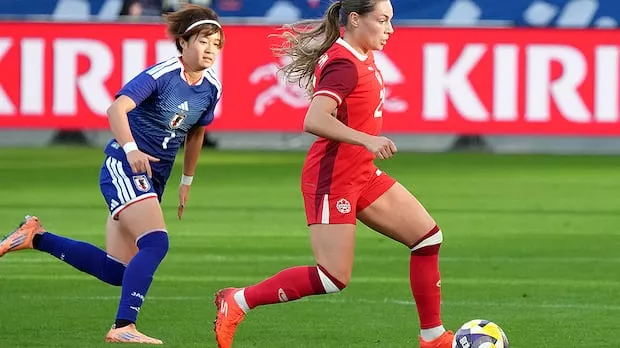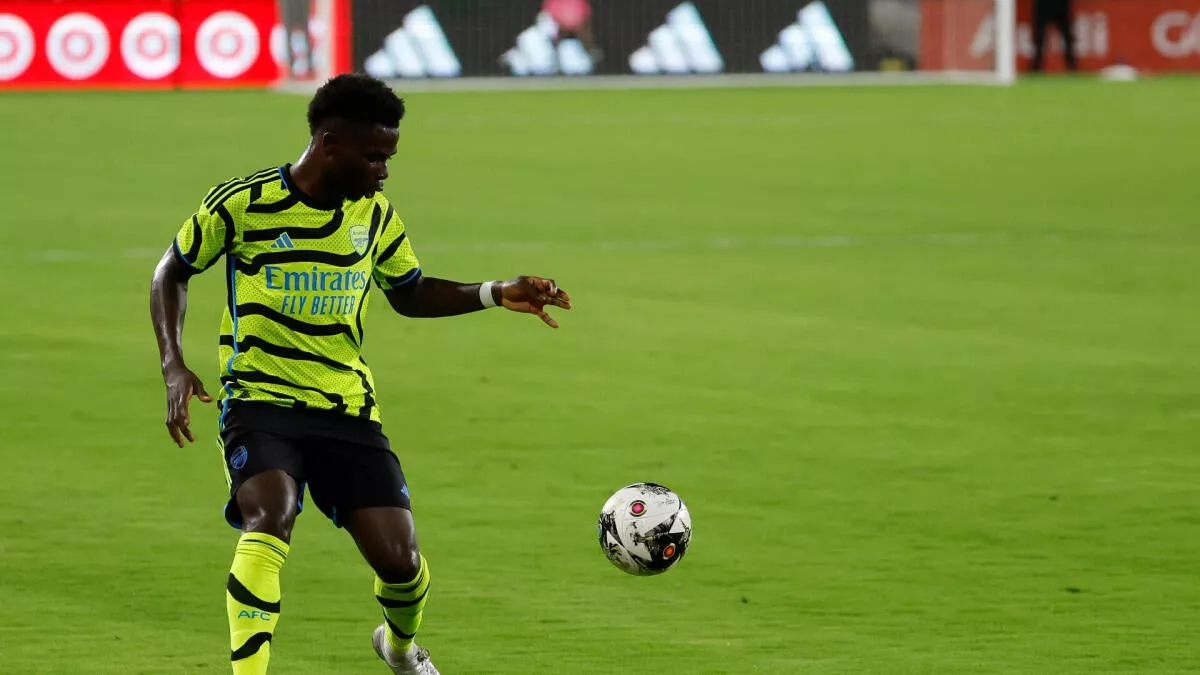In recent years, women's soccer has seen a remarkable surge in popularity and competitive intensity. With this rise, however, comes an increased focus on athlete safety, particularly regarding knee injuries, which disproportionately affect women in the sport. Recent studies and expert insights suggest that recognizing and training women as women, rather than simply applying men's training regimens, could be pivotal in mitigating these risks.
The Prevalence of Knee Injuries in Women's Soccer
Knee injuries, especially anterior cruciate ligament (ACL) tears, are alarmingly common in women's soccer. According to a study published in the British Journal of Sports Medicine, female soccer players are two to eight times more likely to suffer an ACL injury compared to their male counterparts. The anatomical and hormonal differences in women, alongside specific movement patterns, contribute to this susceptibility.
Understanding the Gender Differences
Several factors underline the higher incidence of knee injuries among female athletes. These include:
- Anatomical differences: Women generally have a wider pelvis and a greater Q-angle, which can increase stress on the knees.
- Hormonal influences: Fluctuations in estrogen and other hormones can affect ligament laxity, potentially increasing injury risk.
- Neuromuscular control: Differences in muscle activation patterns and strength can contribute to imbalances and instability.
Tailored Training Programs
To address these issues, experts advocate for training programs that are specifically designed for women. These programs focus on strengthening the muscles around the knee, improving core stability, and enhancing neuromuscular control. Techniques such as plyometrics, balance exercises, and agility drills are emphasized to boost knee stability and reduce injury risk.
Dr. Jane Smith, a leading sports physiologist, notes, "Training female athletes with an understanding of their unique biomechanical and physiological characteristics is not just beneficial; it's essential for injury prevention and performance enhancement."
The Future of Women's Soccer
As women's soccer continues to grow, the importance of tailored training becomes increasingly evident. Teams and coaches are beginning to recognize the necessity of these gender-specific approaches. By investing in personalized training programs, the sports community can not only enhance player safety but also elevate the overall quality of the game.
Ultimately, the shift towards training women as women represents a significant step forward in the evolution of women's soccer. It's an approach that promises to protect athletes, extend careers, and maintain the momentum of this rapidly progressing sport.
Read Full Article Here





